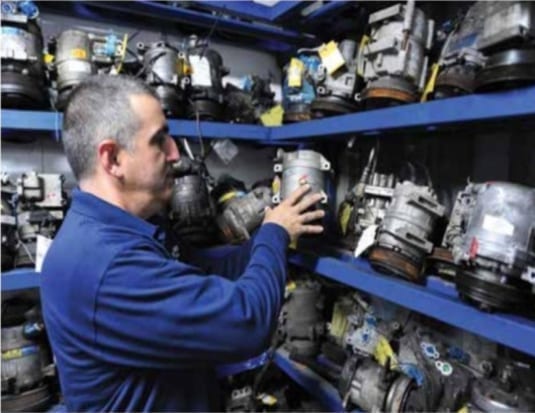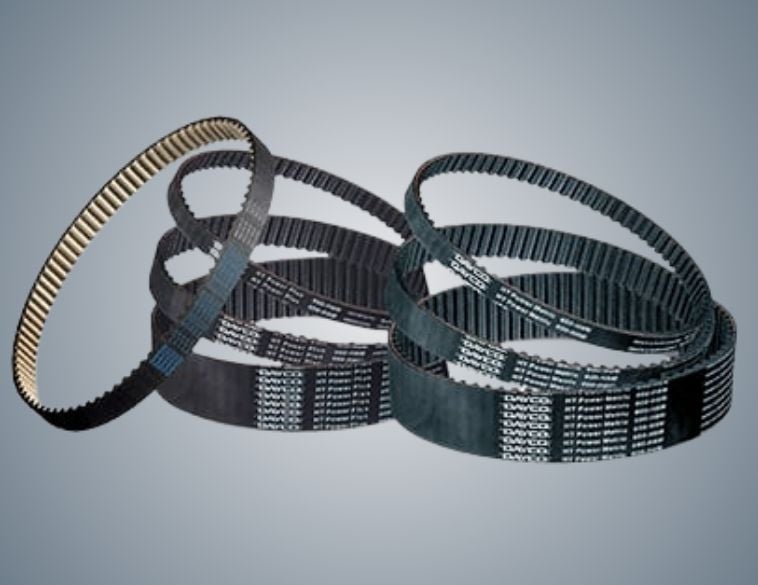It’s time to look at your business to see where improvements need to be made.
With the warmer weather finally here, it’s time to for a spring cleanup. While you tidy up your bays and front office, why not take a closer look at your business processes as well? By boosting efficiencies and improving time managements, you’ll “tidy up” your bottom line.
Labour leakage
Let’s begin by taking a closer look at a perennial problem, labour leakage. Go over all the invoices from all you suppliers to find discrepancies between the time the part is ordered and when it’s actually delivered. This downtime is called labour leakage.
In fact labour leakage is the prime reason for inefficiencies. Most shops are approximately 60 percent efficient. Number of hours billed x 100 / hours open x number of techs = labour sales efficiency.
If you run a smaller shop, the number could be critical to the continued operation of you company. Pick a week and check your efficiency. It’s important to do so.
When I was managing my shop, I used to sit down with my jobber to complain about late deliveries, which were costing me money. Make the jobber write down when the order was received by them, and when you received the parts. If he won’t, for whatever reason, then maybe it’s time for a new relationship.
The solution, I believe, lies in the restructuring of their phone system. I asked that they pick the top 20 shops, (the ones that continually order a large quantity of parts) and give those shops a hotline. This approach eliminates frustration, and in the long run, allows the ordering process to be more efficient.
Waiting on the phone line is labour leakage. Many shops order online and never actually talk to the jobber, unless they have a question or concern.
Preorder parts
Good managers should always check the next day’s bookings. If you know a brake job is coming in for 1985 Porsche 944, why not preorder the parts? I know jobbers won’t like this idea, but I suggest you order everything you think you will need. What ends up not being needed can be returned, or if the client is a regular, keep the remainder in the stock room.
While we’re on the subject of returns, have the supplier service you on a regular basis. That’s your money lying around and it can easily be misplaced or disappear.
Stock
If you’re running a specialist shop, why not stock the parts you know will move fast? I used to run a Honda aftermarket facility. We stocked filters, bulbs, front end parts, etc. Again, check with your supplier and ask for a list of the fast-moving parts you purchase. If you don’t want to stock them, get your supplier to stock those items for you.
Good communication between you and your suppliers is a must. After all is said and done, everyone benefits when parts are delivered quickly and when downtime is reduced, or completely eliminated.
One last thing as we’re talking about parts: don’t fall into the trap of supplying the cheapest part available. The repair is only as good as the part supplied. When it fails, it’s your reputation that suffers. Wrap your head around the fact that good parts come with warranties. The cheap stuff doesn’t.



